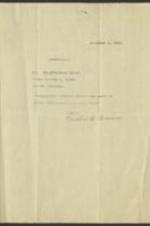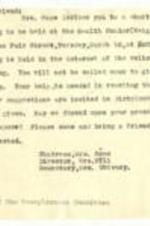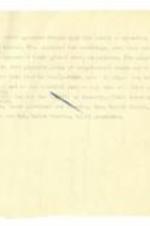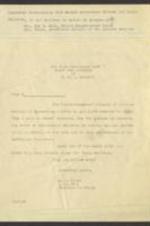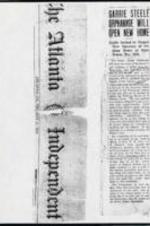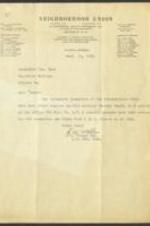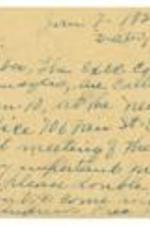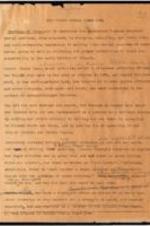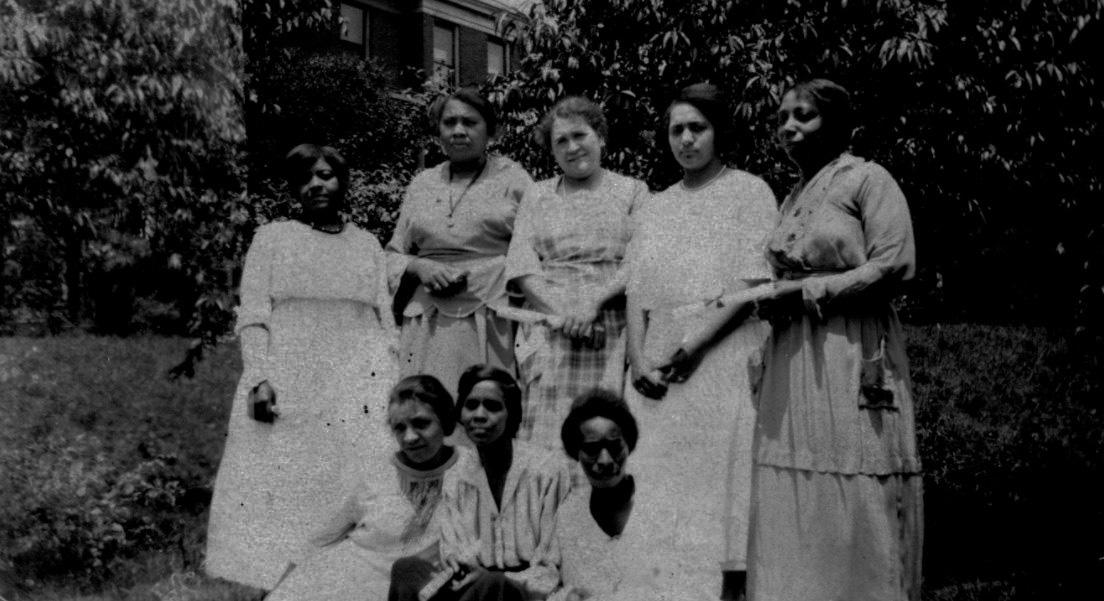
Neighborhood Union Collection
The records of the Neighborhood Union Collection include correspondence, speeches, financial reports, minutes, committee reports, news clippings, programs, photographs, scrapbooks and additional memorabilia preserving a rich legacy and history of one of the earliest private social welfare organizations founded by African American women in Atlanta. The Union received its charter in 1911. The Neighborhood Union's plan of organization was based on a division of neighborhoods into districts with members conducting surveys in their districts and reporting conditions which needed aid and improvement. Some aid focused on improving domestic skills, handicrafts and home nursing arts of African American women. They were also taught facts about tuberculosis and other prevalent diseases and provided supervised recreation for children.
At the AUC Robert W. Woodruff Library we are always striving to improve our digital collections. We welcome additional information about people, places, or events depicted in any of the works in this collection. To submit information, please contact us at DSD@auctr.edu.

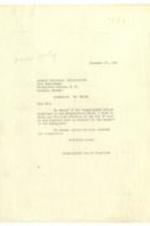
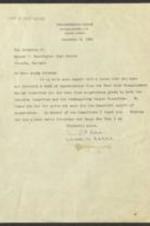
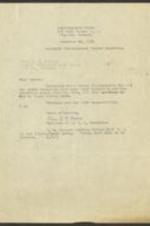
![Correspondence between Mrs. B. Usher & Family and Students at B. T. W. High School including a hank you letter from the students at Booker T. Washington High School to [Bazoline E. Usher]. 1 page.](https://radar.auctr.edu/sites/default/files/styles/list_card_image/public/externals/d4d9b97f42754cbf04b7a895f41662ab.jpg?itok=c_y1kxOy&pid=auc.050:0078&iic=true)
